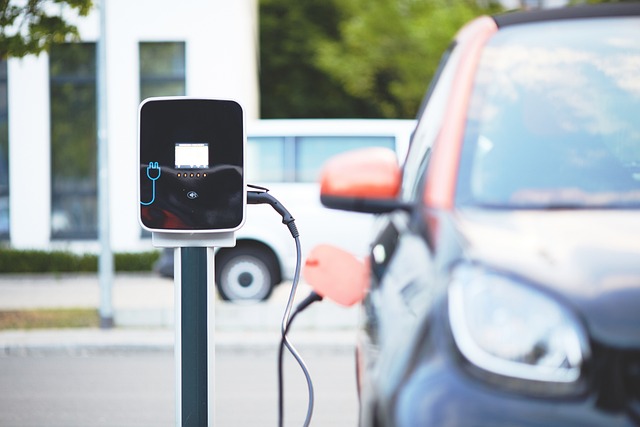Electric Cars: Powering Up with Clean Energy for a Zero-Emission Future
Electric cars are revolutionizing the automotive industry, offering a cleaner and more sustainable alternative to traditional gasoline-powered vehicles. As we look towards a future with reduced carbon emissions and improved air quality, electric vehicles (EVs) are leading the charge in transforming how we think about transportation. Let's explore the world of electric cars and discover why more and more drivers are making the switch to this innovative technology.

What exactly are electric cars and how do they work?
Electric cars are vehicles that run on electricity stored in rechargeable batteries, rather than relying on internal combustion engines powered by fossil fuels. These vehicles use one or more electric motors for propulsion, converting electrical energy into mechanical energy to drive the wheels. The batteries in electric cars can be charged by plugging the vehicle into a charging station or, in some cases, through regenerative braking systems that capture energy during deceleration.
What are the environmental benefits of driving an electric car?
One of the most significant advantages of electric cars is their potential to reduce greenhouse gas emissions and improve air quality. Unlike conventional vehicles that emit harmful pollutants from their tailpipes, electric cars produce zero direct emissions during operation. This means that as we power up with clean energy sources like solar and wind, the environmental impact of driving becomes increasingly minimal. The transition to electric vehicles plays a crucial role in combating climate change and creating a more sustainable future for transportation.
How far can electric cars travel on a single charge?
Range anxiety has been a concern for potential EV buyers, but advancements in battery technology have significantly improved the distance electric cars can travel on a single charge. Many modern electric vehicles can now travel 200 to 300 miles or more on a full battery, with some high-end models boasting ranges of over 400 miles. As charging infrastructure continues to expand and battery technology improves, the range of electric cars is expected to increase further, making long-distance travel more feasible for EV owners.
What are the performance characteristics of electric cars?
Contrary to early misconceptions, electric cars offer impressive performance capabilities. Electric motors provide instant torque, resulting in quick acceleration and smooth, responsive driving experiences. Many electric vehicles can outperform their gasoline-powered counterparts in terms of acceleration, with some high-performance EVs capable of reaching 60 mph in under 3 seconds. Additionally, the low center of gravity created by the battery pack placement often results in improved handling and stability.
How does charging work for electric cars?
Charging an electric car is a straightforward process that can be done at home, at work, or at public charging stations. Most EV owners charge their vehicles overnight at home using a Level 1 (120V) or Level 2 (240V) charger. Public charging stations often offer faster charging options, including DC fast charging, which can replenish a significant portion of the battery in as little as 30 minutes. As the charging infrastructure continues to expand, finding a place to power up with clean energy is becoming increasingly convenient for electric car owners.
What are the cost considerations when owning an electric car?
While the initial purchase price of an electric car may be higher than that of a comparable gasoline-powered vehicle, the long-term cost of ownership can be significantly lower. Electric cars have fewer moving parts, resulting in reduced maintenance costs and longer-lasting components. Additionally, the cost of electricity is generally lower than gasoline, leading to substantial savings on fuel expenses over time. Many governments also offer incentives, tax credits, and rebates to encourage the adoption of electric vehicles, further offsetting the initial investment.
| Vehicle Type | Average Purchase Price | Estimated Annual Fuel Cost | Estimated Annual Maintenance Cost |
|---|---|---|---|
| Electric Car | $40,000 - $60,000 | $500 - $800 | $300 - $500 |
| Gasoline Car | $25,000 - $45,000 | $1,500 - $2,500 | $600 - $1,000 |
Prices, rates, or cost estimates mentioned in this article are based on the latest available information but may change over time. Independent research is advised before making financial decisions.
As we embrace the era of electric mobility, it’s clear that electric cars offer a compelling solution to many of the challenges faced by traditional transportation. With zero emissions and endless possibilities, going electric represents a significant step towards a cleaner, more sustainable future. As technology continues to advance and infrastructure expands, the benefits of electric cars will only become more apparent. By choosing to go electric, drivers are not only reducing their carbon footprint but also contributing to a global shift towards cleaner energy and improved air quality for generations to come.




